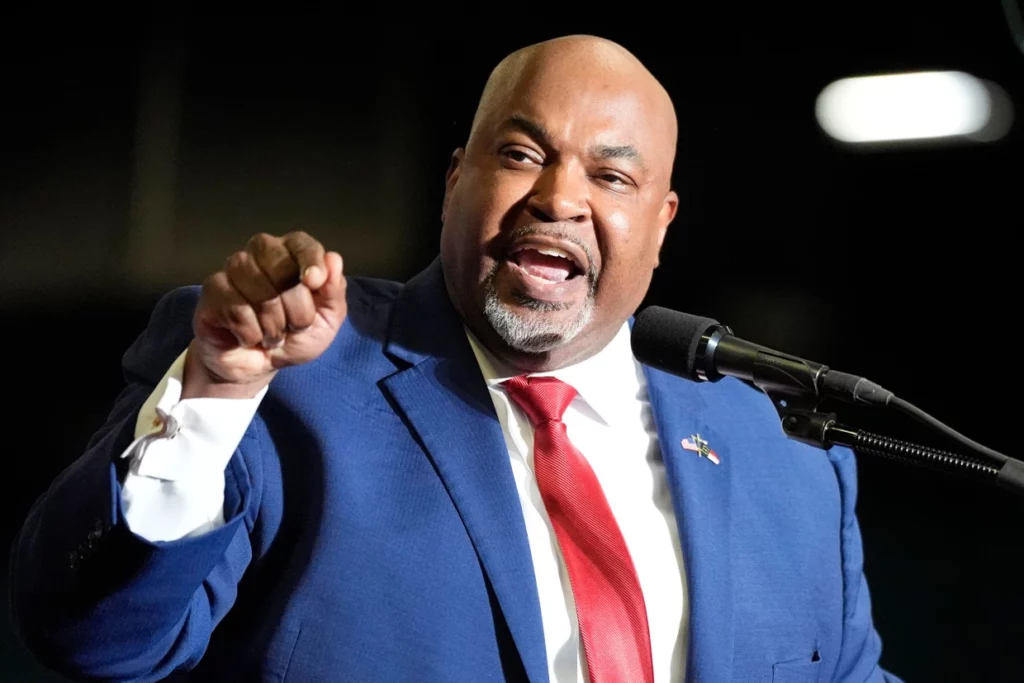In a recently surfaced video, Republican gubernatorial candidate Mark Robinson expressed to supporters at a private gathering that he would refuse federal funding for North Carolina schools. This stance resonates with some conservatives, though it might come with significant consequences.
During the event near Asheville on July 10, Robinson responded to a question about combating federal school bureaucracy by stating his preference for the state to reject federal education funds.
> “If it were up to me, they could send the check, and I’d say, ‘No, thank you. We don’t want your money. It comes with too many unacceptable conditions,’” Robinson declared.
He further criticized the existence of the federal Department of Education, aligning with conservative movements that advocate for its elimination as part of Project 2025, a proposal from the Heritage Foundation for a potential second Trump administration.
Robinson emphasized that the federal government should not dictate state educational operations, insisting on the need to cut off federal funding to maintain fiscal responsibility and reduce inefficiencies:
“We need to eliminate the waste and bureaucracy so we can manage our educational needs independently.”
Michele Morrow, a Republican candidate for state schools superintendent, echoed Robinson’s sentiments, stating that federal guidelines often compel teachers to comply with undesirable mandates. She warned that with every federal dollar comes an agenda influenced by the government.
Morrow plans to conduct an audit of federally funded programs within the Department of Public Instruction to assess their impact on student success. If deemed ineffective, she would urge federal officials to withdraw their support.
Other states, like Utah, Oklahoma, and Tennessee, have contemplated rejecting federal education funds, but none have followed through. A recent Tennessee report found that replacing federal funds would hinder their ability to invest in other educational areas.
For North Carolina, the financial implications could be severe. The state received approximately $1.67 billion in federal support for the 2023-24 school year, which funded various essential programs, including:
– $688 million*for low-income students.
– $531 million for school nutrition.
– $380 million for special needs students.
– Additional funding for career and technical education and mental health services.
A spokesperson for the North Carolina Department of Public Instruction noted that while some nutrition funding might remain independent of educational grants, rejecting federal support would still leave a substantial gap in the state’s education budget.
Neither the Robinson nor Morrow campaigns provided clarity on how they would address this funding shortfall when questioned.
Robinson’s spokesman argued that funding should prioritize student achievement rather than administrative excess or political agendas related to social issues.
Critics, including Democratic rival Josh Stein, labeled Robinson as an “anti-public education candidate,” accusing him of jeopardizing educational funding and access for North Carolina students. Similarly, Mo Green, Morrow’s Democratic opponent, condemned the plan, stating that public schools require increased funding, particularly for underprivileged students.
The North Carolina Association of Educators responded strongly, saying that Robinson’s approach would result in a significant annual cut to funding, harming students in crisis and jeopardizing their futures.

